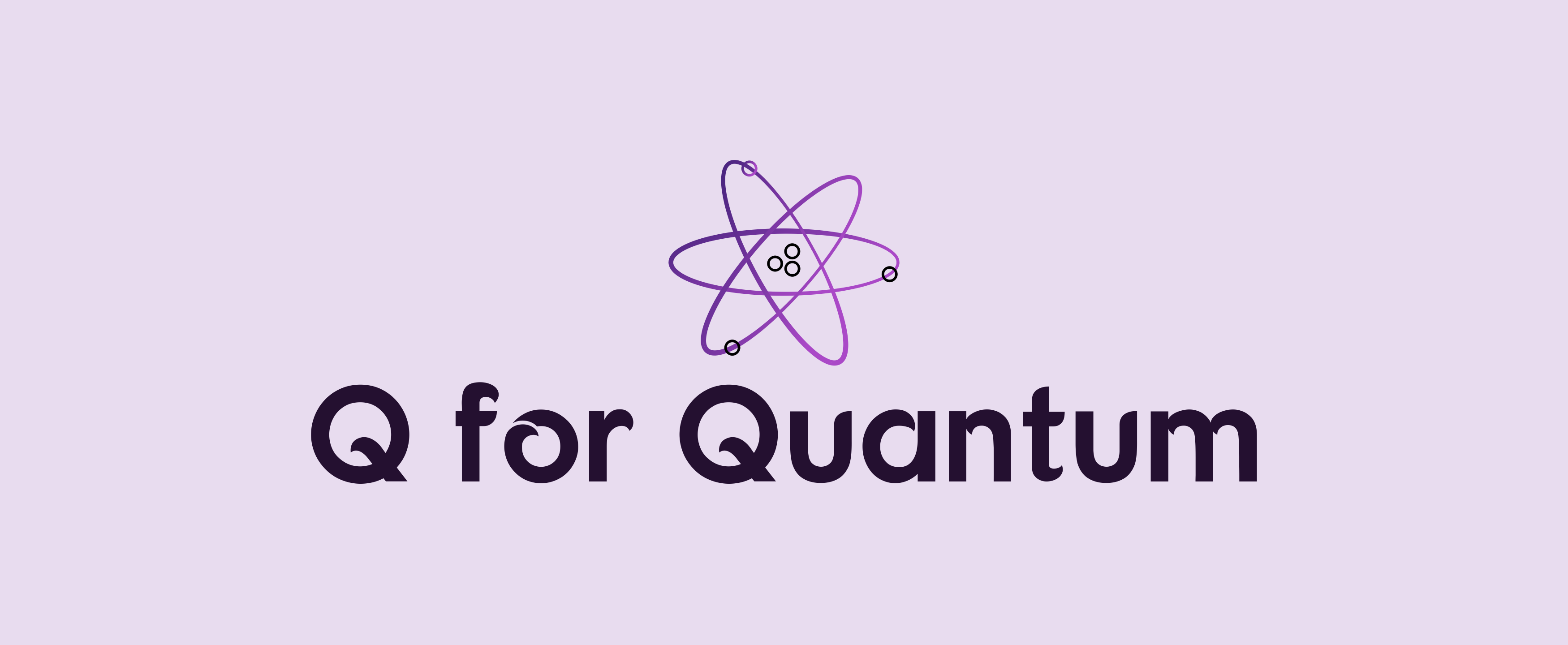Practical Quantum Error Correction: Implementing Fault-Tolerant Logic Gates
Quantum error correction (QEC) is the backbone of fault-tolerant quantum computing, providing a foundation for the development of logic gates that can function reliably in the presence of errors. This article delves into the practical aspects of implementing fault-tolerant logic gates, exploring the fundamental concepts of QEC, the challenges in designing robust quantum gates, and…
